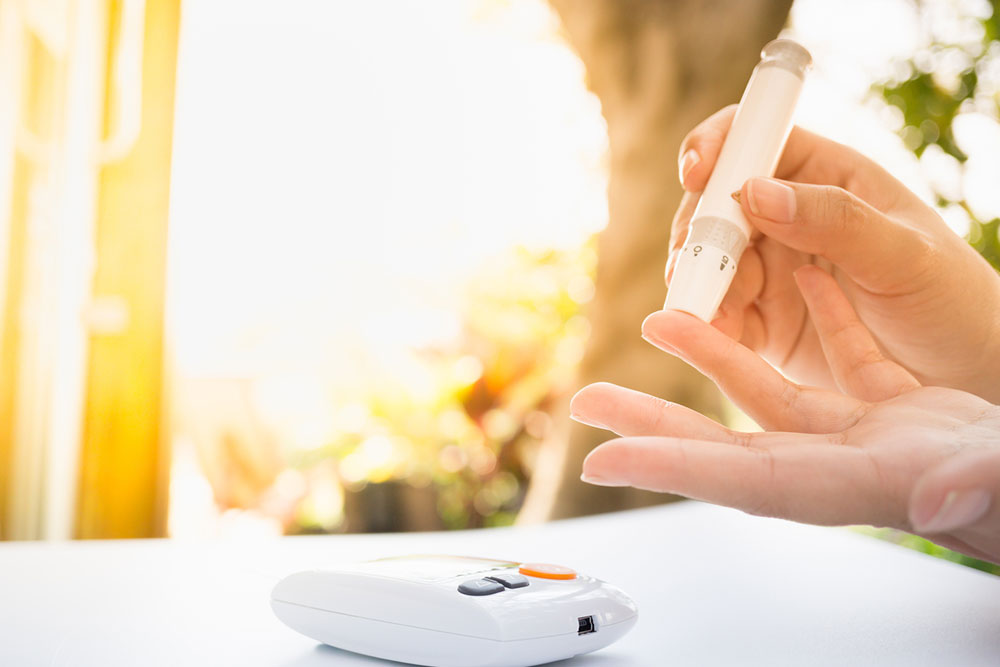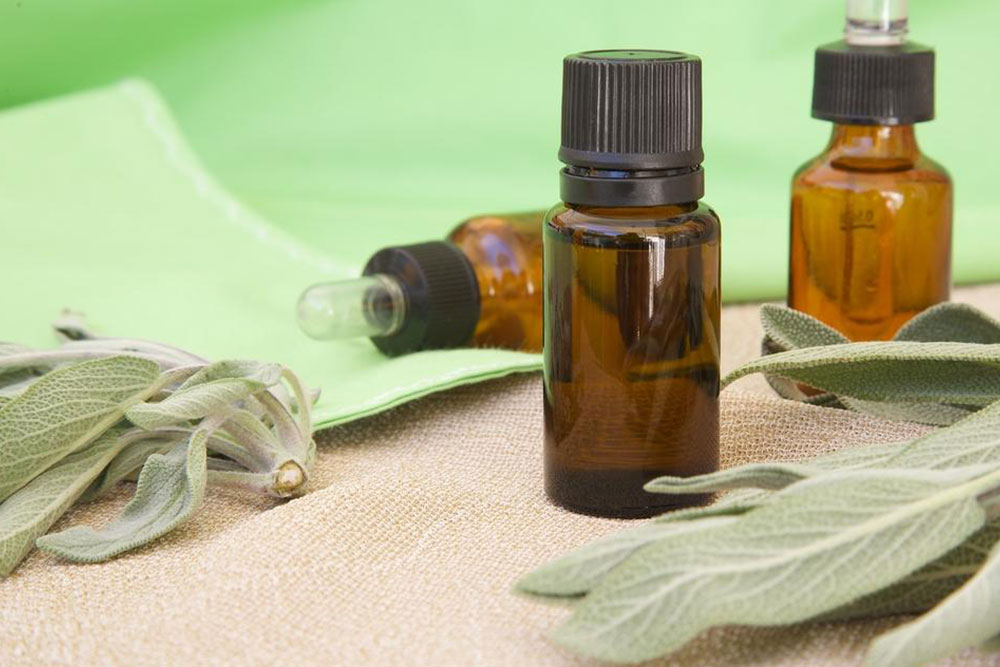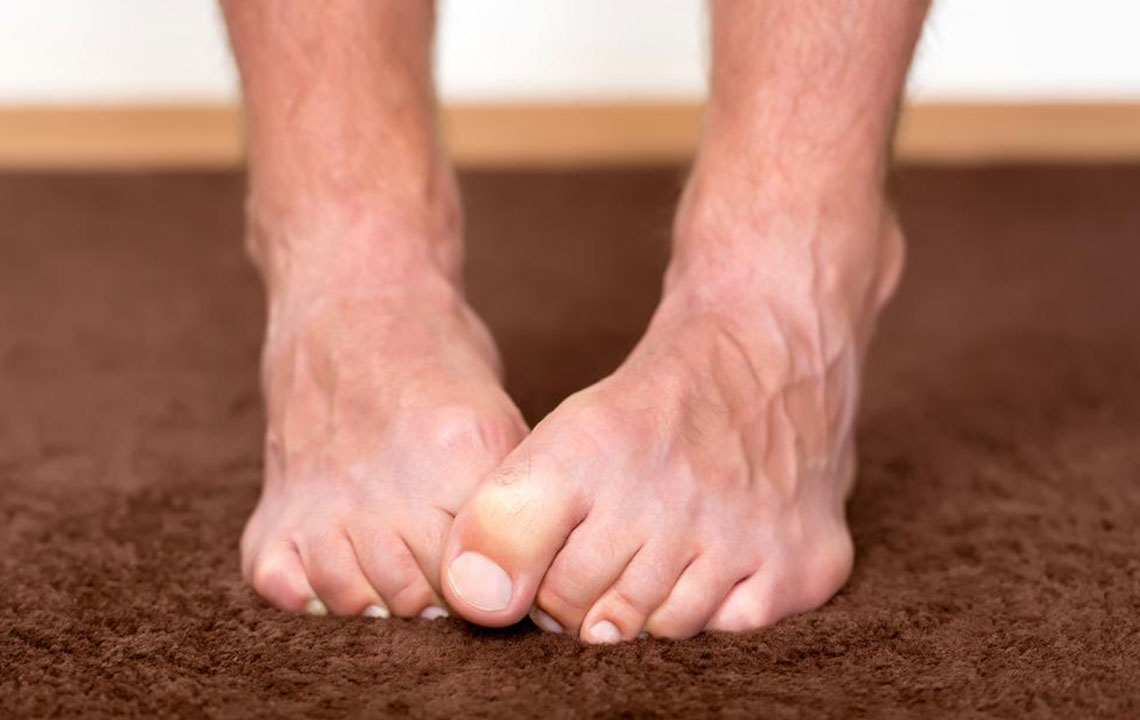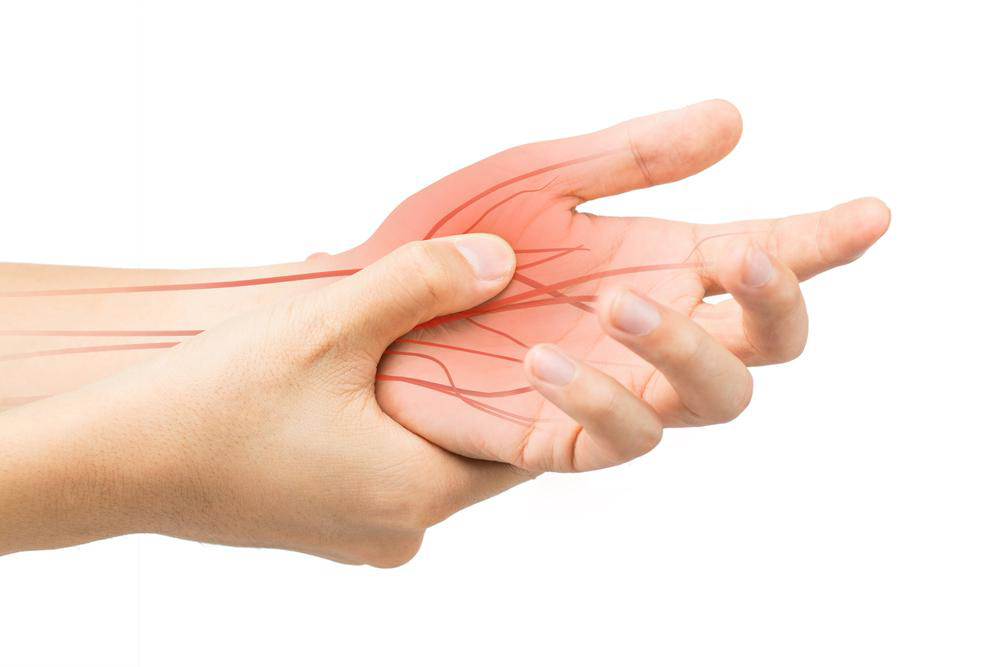Comprehensive Guide to Natural Remedies for Managing Diabetic Nerve Pain
This comprehensive guide explores over ten natural remedies for diabetic nerve pain, including warm water soaks, blood sugar management, topical capsaicin, aromatherapy, massage, acupuncture, meditation, and nutritional support. Effective and holistic, these methods aim to reduce discomfort, improve circulation, and promote nerve regeneration. Integrating lifestyle adjustments with natural therapies can greatly enhance quality of life for those with diabetes-related nerve damage, offering safe alternatives and complementary options to conventional treatments.

Comprehensive Guide to Natural Remedies for Managing Diabetic Nerve Pain
Diabetic nerve pain, medically known as diabetic peripheral neuropathy, is a common complication faced by individuals with diabetes. This condition results from nerve injury caused by prolonged high blood sugar levels, leading to persistent discomfort, numbness, and tingling sensations primarily in the extremities like the feet and legs. Managing this pain can significantly improve the quality of life, and while medications are often prescribed, many individuals seek natural and holistic approaches for relief. This detailed guide explores over ten effective natural remedies and lifestyle adjustments that can help alleviate diabetic nerve pain, support nerve health, and promote overall wellbeing.
Understanding Diabetic Nerve Pain
Diabetic neuropathy involves damage to the peripheral nerves, which can impair sensation and motor function. The symptoms commonly associated with this condition include a variety of uncomfortable sensations such as burning, stabbing, tingling, or numbness, primarily in the feet, legs, hands, or arms. The severity of symptoms varies from person to person, and in some cases, nerve damage can lead to loss of sensation, increasing the risk of injuries and infections. Recognizing early symptoms and adopting natural remedies can halt or even reverse nerve damage in some cases, providing much-needed relief and enhancing nerve regeneration.
Factors Leading to Diabetic Neuropathy
Uncontrolled high blood sugar levels over time
Genetic predisposition affecting nerve health
Chronic inflammation within nerve tissues
Unhealthy lifestyle habits like smoking and excessive alcohol consumption
Vitamin deficiencies, particularly B vitamins
Poor circulation which deprives nerves of oxygen and nutrients
Understanding these contributing factors allows individuals to take targeted preventive measures to avoid or reduce nerve damage.
Natural Treatments and Lifestyle Strategies
Embracing natural remedies can be a powerful way to manage nerve pain caused by diabetes. Combined with lifestyle adjustments, these therapies can improve circulation, reduce inflammation, and support nerve regeneration. Here are some of the most effective natural treatment options:
Warm Water Soaks
Immersing your feet or affected areas in warm water can significantly soothe nerve pain. The heat promotes vasodilation, which increases blood flow to damaged nerves, facilitating the delivery of vital oxygen and nutrients needed for repair. Adding Epsom salts enhances relaxation and reduces inflammation. For best results, soak affected areas for 15 minutes, two to three times a week. This simple yet effective practice can alleviate discomfort, improve circulation, and promote relaxation.
Blood Sugar Management
Maintaining optimal blood sugar levels is critical in preventing and managing diabetic neuropathy. Consistently high glucose levels accelerate nerve damage, while controlled blood sugar can reduce nerve injury risk by up to 60%. Adopting a balanced diet rich in fiber, low in refined sugars, and focusing on portion control is essential. Regular physical activity—such as walking, swimming, or yoga—helps improve insulin sensitivity and glucose regulation. Monitoring blood sugar regularly and adhering to prescribed treatments are vital components of effective nerve health management.
Topical Capsaicin Therapy
Derived from hot peppers, capsaicin has become a popular natural remedy for neuropathic pain. Its mechanism involves depleting substance P, a neuropeptide that transmits pain signals to the brain. Applying capsaicin creams or patches to affected areas can reduce nerve sensitivity and diminish pain sensations. For localized relief, some individuals prepare a paste from crushed hot peppers (after removing seeds) and apply carefully to the affected zones. It is important to follow usage instructions to avoid skin irritation, and consulting a healthcare provider before use is recommended.
Aromatherapy for Nerve Pain
Essential oils such as eucalyptus, lavender, geranium, and bergamot offer therapeutic benefits for neuropathic pain. These oils can be inhaled directly, diffused into the air, or diluted with carrier oils and used for gentle massage. The calming fragrances help reduce stress and promote relaxation, which can lessen pain perception. Additionally, some oils have anti-inflammatory properties that support nerve healing. Incorporating aromatherapy into daily routines can be a natural way to improve emotional wellbeing and reduce nerve discomfort.
Massage Therapy and Natural Oils
Regular massage using natural oils like lavender, peppermint, or eucalyptus can enhance blood circulation, reduce muscle tension, and promote nerve repair. Gentle massage activates lymphatic flow, aiding in the removal of toxins and supporting overall nerve health. Using warm oils during massage enhances relaxation, helping to diminish pain levels. This holistic practice not only addresses physical symptoms but also alleviates stress and anxiety associated with chronic nerve pain.
Acupuncture and Traditional Chinese Medicine
Acupuncture, an ancient Chinese healing technique, involves inserting fine needles into specific points on the body to stimulate energy flow and promote healing. For diabetic nerve pain, acupuncture has been shown to effectively reduce pain intensity, improve nerve function, and diminish symptoms. Regular sessions may help in balancing Qi (energy flow), and some individuals report longer-term relief when combined with other holistic approaches.
Meditation and Mindfulness Practices
Chronic pain often leads to increased stress and anxiety, which can amplify pain perception. Meditation and mindfulness techniques offer non-invasive methods to reduce stress levels and enhance mental resilience. Practicing deep breathing exercises, guided meditation, or progressive muscle relaxation can help lower cortisol levels, improve emotional health, and diminish the experience of nerve discomfort. Consistent mindfulness practices can also improve sleep quality, which is vital for nerve repair and overall health.
Supplements and Nutritional Support
Vitamin B Complex: Adequate B vitamins, especially B1 (thiamine), B6, and B12, are essential for nerve health and regeneration. Deficiencies often exacerbate nerve damage, so including B-rich foods such as whole grains, nuts, eggs, and leafy greens, or taking supplements under medical supervision, can be beneficial.
Alpha Lipoic Acid: This powerful antioxidant neutralizes free radicals that damage nerves. Several studies suggest that alpha-lipoic acid supplementation or consuming foods like spinach, broccoli, and Brussels sprouts can support nerve repair and reduce symptoms of neuropathy.
Ginger and Anti-inflammatory Foods: Ginger contains gingerol, which has natural anti-inflammatory and analgesic properties. Drinking ginger tea or adding fresh ginger to meals can reduce nerve inflammation and improve blood sugar control, aiding in nerve health.
Adopting these natural remedies as part of a comprehensive management plan, in conjunction with medical advice, can greatly improve outcomes for individuals suffering from diabetic nerve pain. Always consult healthcare professionals before starting any new treatment or supplement regimen to ensure safety and appropriateness tailored to your health condition.





